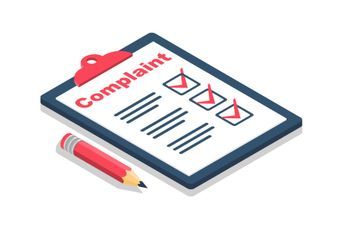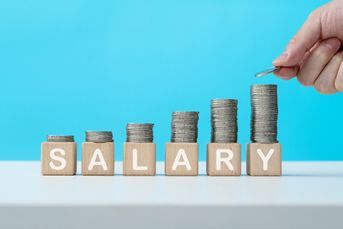Investors rank climate risk alongside financial disclosures, but there’s a big problem

Institutional investors want better information from companies but are they able to provide it?
Investors want to understand how the companies they invest in are impacted by climate risks and what they are doing to address it, but that may not be an easy fix.
A new study from the McCombs School of Business at the University of Texas surveyed 439 institutional investors and found that 79% believe that climate risk disclosures are at least as important as financial disclosures – a third think it more so.
But more than two thirds of respondents said that current disclosures are not precise enough and almost three quarters believe that mandatory and standardized disclosures are necessary.
“Our work suggests that the current largely voluntary reporting regime does not enable fully informed climate-related investment decisions,” said Laura Starks, a finance professor at the McCombs School of Business. “Our study shows that mandatory disclosure does have an effect on investors’ decisions.”
The SEC is considering a new rule for companies but the initial deadline for this has passed and it may be the fall before anything is announced.
CORPORATE CHALLENGES
The McCombs study found that the cost of compiling climate risk disclosures can be a problem for companies, but there is also another challenge.
A new global survey of board directors published this week by Heidrick & Struggles in association with Boston Consulting Group found that two-thirds of directors (68%) feel that sustainability has little impact on financial performance today, and only 10% believe sustainability will negatively affect medium- to long-term financial results.
It also identified that just 29% of directors feel knowledgeable enough to challenge or monitor execution on sustainability, and 89% rely only on management updates to stay informed on the topic of ESG.
Ron Soonieus, a senior advisor at BCG, a director in residence at INSEAD, and a coauthor of the report, said that organizations and their boards are completely occupied with the upcoming legislative and reporting requirements.
“Action on sustainability is mostly driven by stakeholder pressure. This triggers risk averse and defensive behavior, leading to organizations that only do the bare minimum,” he said. “While the new rules and regulations serve a clear purpose, compliance does not guarantee the long-term success of the company. Boards struggle to see that, and a fair share believe that if they comply, sustainability is covered.”
And according to a study by global advisory WTW and the Nasdaq Center for Board Excellence, 48% of companies reported that their boards lack the skills and expertise needed to provide effective oversight of the climate risks facing their companies.
“Pressure from governments, investors, and civil society will soon impact everything from a company’s credit rating, valuation and cost of capital to its ability to borrow and get insurance,” said Hannah Summers, a director and ESG and climate specialist at WTW.
She added that prioritizing climate governance in the boardroom is “a critical first step to ensuring business leaders are aware of their responsibilities and equipped to successfully steward their organisations through the transition to net zero, strategically managing the risks and opportunities in a rapidly decarbonising world.”
Learn more about reprints and licensing for this article.








